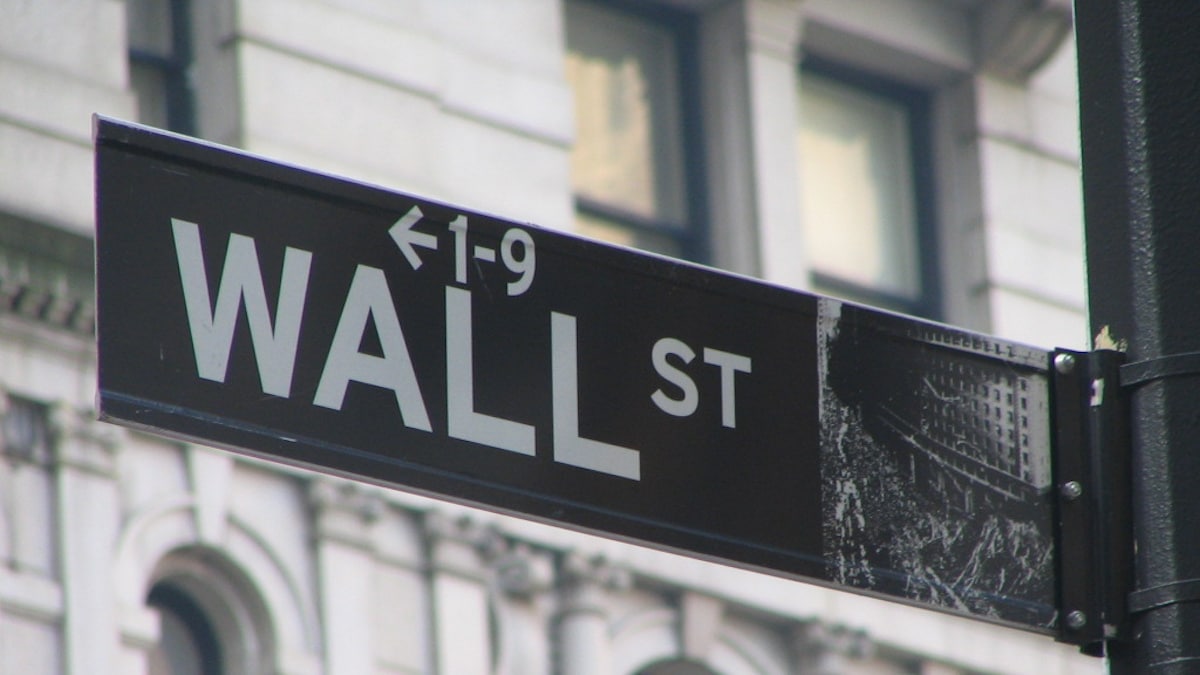
In ‘Road Map for a More Sustainable Future,’ NY Regulator Tells Banks to Consider Climate Risks in Planning

Financial institutions in New York state will now have to consider the climate-related risks of their planning strategies. Ramy Majouji / WikiMedia Commons
By Brett Wilkins
Regulators in New York state announced Thursday that banks and other financial services companies are expected to plan and prepare for risks posed by the climate crisis.
In a letter to banks and other financial businesses, New York State Department of Financial Services (NYDFS) Superintendent Linda Lacewell said that “climate change poses significant financial risks” and that global heating is “increasing the frequency and intensity of extreme weather events and is projected to have profound effects on the U.S. economy and financial system, which we must address.”
To that end, Lacewell said NYDFS expects all state-regulated entities to “start integrating the financial risks from climate change into their governance frameworks, risk management processes, and business strategies.”
This news makes New York's state financial regulator the first banking regulator in the U.S. to explicitly call on banks to incorporate climate risk into their business plans and risk management https://t.co/MxFE52o1ZV
— Laura Alix (@LauraAlix) October 29, 2020
The expectation applies to banking organizations, mortgage companies, trust companies, and non-depositories including virtual currency firms, licensed lenders, money transmitters, and others entities subject to NYDFS regulation.
Lacewell’s letter said the agency “is developing a strategy for integrating climate-related risks into its supervisory mandate and will engage with your organizations and work and coordinate with our U.S. and international counterparts to develop effective supervisory practices, as well as guidance and best practices in order to mitigate the financial risks from climate change.”
The superintendent cited the Covid-19 pandemic to illustrate how “preparation is key to addressing systemic risks.”
“By the time a crisis occurs, it is simply too late,” she wrote.
NYDFS is the first U.S. regulator to explicitly request banks in its jurisdiction to include climate risk analysis in their planning, according to American Banker.
Lacewell said banks should get to work immediately.
“Climate change is happening now, and we have to take steps to manage the financial risks now,” she stressed in a Thursday press release. “We want to ensure that every institution is managing its own individual risks from climate change, which is critical for the safety and soundness of the financial services industry.”
“By working with the industry and engaging in a dialogue on this serious issue, we are creating a road map for a more sustainable future,” said Lacewell.
Although the letter is not a directive forcing to banks to make any actual climate-mitigating changes, climate activists nevertheless welcomed the news.
This is big! And it sets the stage for an even more important financial regulator, a Biden Treasury Secretary, to act. Stopping banks from financing climate risk (aka fossil fuels) is one of the most important actions we can take to address the crisis. https://t.co/mS5NW22y1r
— Jamie Henn (@jamieclimate) October 29, 2020
Anticipating the election of Democratic presidential nominee Joe Biden, 350.org co-founder and Fossil Free Media director Jamie Henn tweeted that the move “sets the stage for an even more important financial regulator, a Biden treasury secretary, to act.”
On the national level Sen. Jeff Merkley (D-Ore.) last week unveiled a pair of bills that aim to push banks and international financial institutions to divest from the fossil fuel industry. Introducing the legislation, the senator cited a recent Commodity Futures Trading Commission report warning that the climate crisis threatens the U.S. financial system.
Reposted with permission from Common Dreams.

 233k
233k  41k
41k  Subscribe
Subscribe 